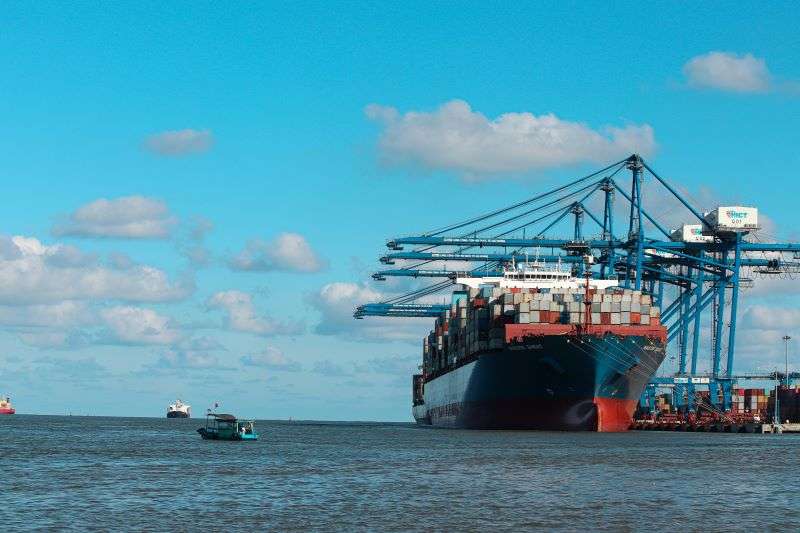South Africa’s ports, which have been ranked among the worst globally, are on the path to improvement. The state-owned operator, Transnet SOC Ltd., has been tasked with rectifying the situation within the next 12 to 14 months, as per the assurance given by Minister in the Presidency, Khumbudzo Ntshavheni.
The new multi-party administration, led by President Cyril Ramaphosa of the African National Congress, has already made strides in power supply management and is closely monitoring potential water-disruption risks. These measures, Ntshavheni believes, will contribute to overall stability.
Addressing Infrastructure Challenges for Economic Growth
South Africa’s economy, the most industrialized in Africa, has been severely impacted by an energy crisis and the collapse of critical infrastructure, including rail and ports. This situation has been worsened by years of poor governance. The country’s GDP has grown by less than 1% on average over the past decade, insufficient to reduce the high unemployment rate of 32.9%.
In a recent World Bank report, Cape Town’s container port was ranked as the worst performer among 405 assessed globally. Three other South African ports also featured in the bottom 15. Transnet, under pressure to improve its performance due to export slowdowns caused by bottlenecks, has disputed these findings.
President Ramaphosa has pledged that his new government will prioritize economic growth by implementing structural reform, improving poorly managed municipalities, and increasing infrastructure investment. He envisions transforming South Africa into a “construction site.”
To stimulate growth, Business Leadership South Africa CEO Busisiwe Mavuso suggested in June that ports should be privately run and more goods should be transported by rail instead of trucks.




